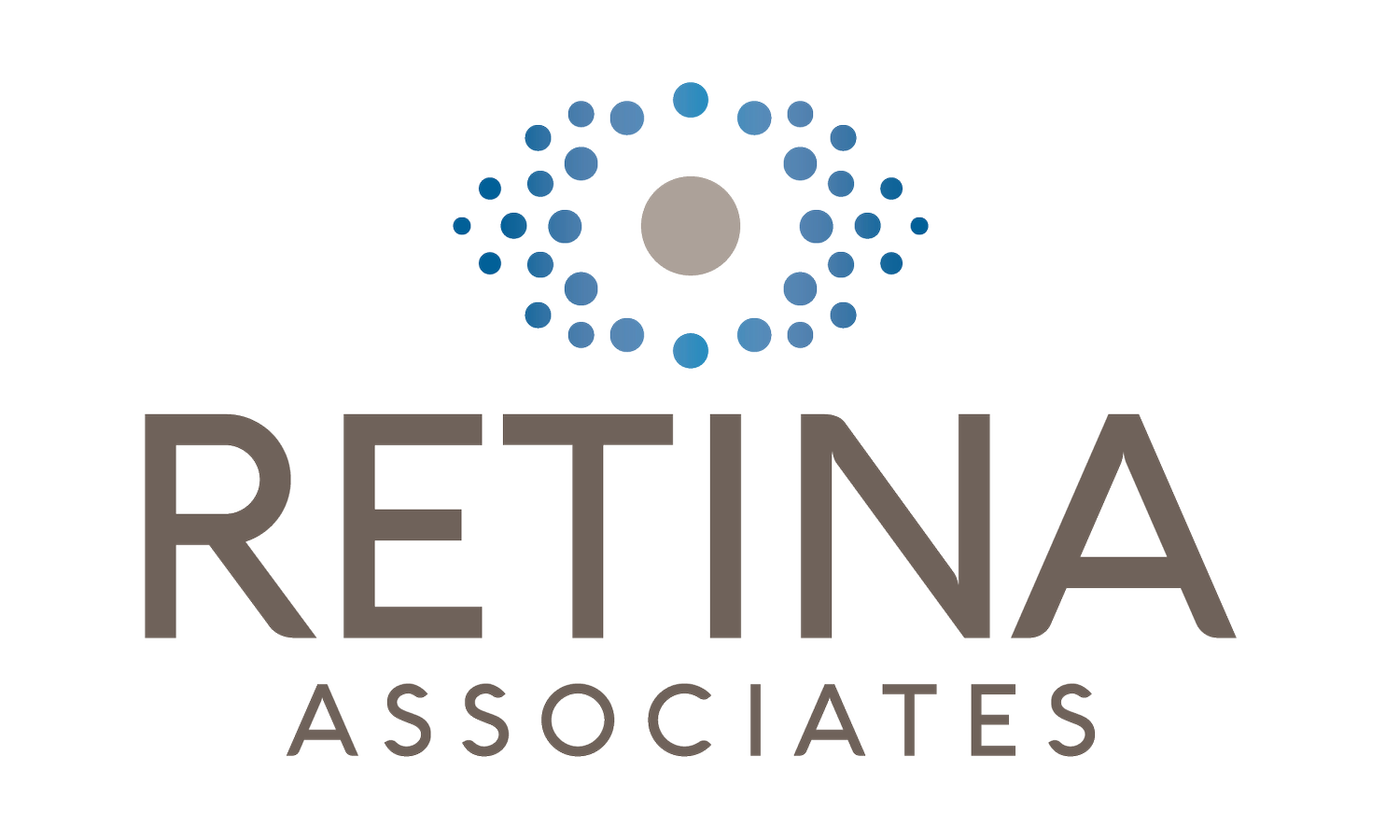The Role of Imaging Technology in Diagnosing Retinal Disorders
Your retina plays a vital role in your ability to see the world around you. As the light-sensitive layer at the back of the eye, it processes images and sends signals to the brain, allowing you to perceive shapes, colors, and motion. When retinal disorders occur, early detection is essential to preserving vision. Thanks to advances in imaging technology, retina specialists can diagnose conditions more accurately and begin treatment sooner.
In this blog, we’ll explore the role of imaging technology in retinal care, the most common types of imaging tools used, and how they help protect and restore vision.
Why Imaging Matters in Retinal Health
Many retinal conditions develop gradually and without noticeable symptoms in the early stages. Imaging allows specialists to detect these diseases before they cause significant vision loss. Conditions like macular degeneration, diabetic retinopathy, retinal detachment, and vein occlusions can all be identified using advanced imaging techniques.
By capturing highly detailed images of the retina, these technologies help doctors assess damage, track disease progression, and determine the most effective treatment options.
Common Retinal Imaging Technologies
Optical Coherence Tomography (OCT)
OCT is one of the most widely used imaging tools in retina care. It uses light waves to create cross-sectional images of the retina, revealing layers of tissue with microscopic detail. This allows specialists to detect swelling, fluid buildup, and structural changes associated with conditions like macular degeneration and diabetic retinopathy.
Fundus Photography
A fundus camera captures high-resolution images of the back of the eye, including the retina, optic nerve, and blood vessels. These images provide a broad view of the retina, helping doctors monitor changes over time. Fundus photography is especially useful for tracking diabetic retinopathy and hypertensive retinopathy.
Fluorescein Angiography (FA)
This technique uses a special dye injected into the bloodstream to highlight the blood vessels in the retina. As the dye travels through the eye’s circulation, a series of images is taken to detect abnormal blood vessel growth, leakage, or blockages. Fluorescein angiography is commonly used to diagnose macular degeneration and retinal vascular diseases.
Indocyanine Green Angiography (ICGA)
Similar to fluorescein angiography, ICGA uses a different dye to provide a deeper look at the blood vessels beneath the retina. It is particularly useful for diagnosing certain types of macular degeneration and inflammatory retinal diseases.
Ultrasound Imaging
When the retina cannot be examined directly due to conditions like dense cataracts or severe bleeding, ultrasound imaging can provide crucial information. This technique uses sound waves to create images of the eye’s internal structures, helping to diagnose retinal detachments and tumors.
How Imaging Helps Guide Treatment
Retinal imaging does more than just diagnose diseases—it also plays a key role in treatment planning and monitoring.
Tracking Disease Progression: Regular imaging scans allow doctors to monitor how a disease is changing over time and adjust treatment as needed.
Evaluating Treatment Effectiveness: Imaging helps assess whether treatments like injections, laser therapy, or surgery are working.
Early Detection and Prevention: Many retinal conditions can be managed more effectively when caught early, before symptoms become severe.
The Importance of Regular Retinal Screenings
Routine eye exams with advanced imaging technology are essential for early detection and prevention of vision loss. If you have risk factors such as diabetes, high blood pressure, or a family history of retinal disease, regular screenings can help catch problems before they impact your vision.
Protecting Your Vision Starts with Advanced Care
Your retina is vital to your sight, and advances in imaging technology have made it easier than ever to diagnose and treat retinal disorders. By staying proactive about your eye health and scheduling regular exams, you can help preserve your vision for years to come.
If you have concerns about your retinal health or would like to schedule a comprehensive exam, we’re here to help.
Contact Us
Call 540-722-3500 to book an appointment with our retina specialists today. Follow us on Facebook, LinkedIn, and Instagram for more eye health tips and the latest advancements in retinal care.
Your vision is precious—let’s protect it together!
Disclaimer: This post is for informational purposes only and is not a substitute for professional medical advice. Always consult with a physician or qualified healthcare provider regarding your specific health needs. If you are experiencing a medical emergency, please call 911 or visit the nearest emergency room immediately.
